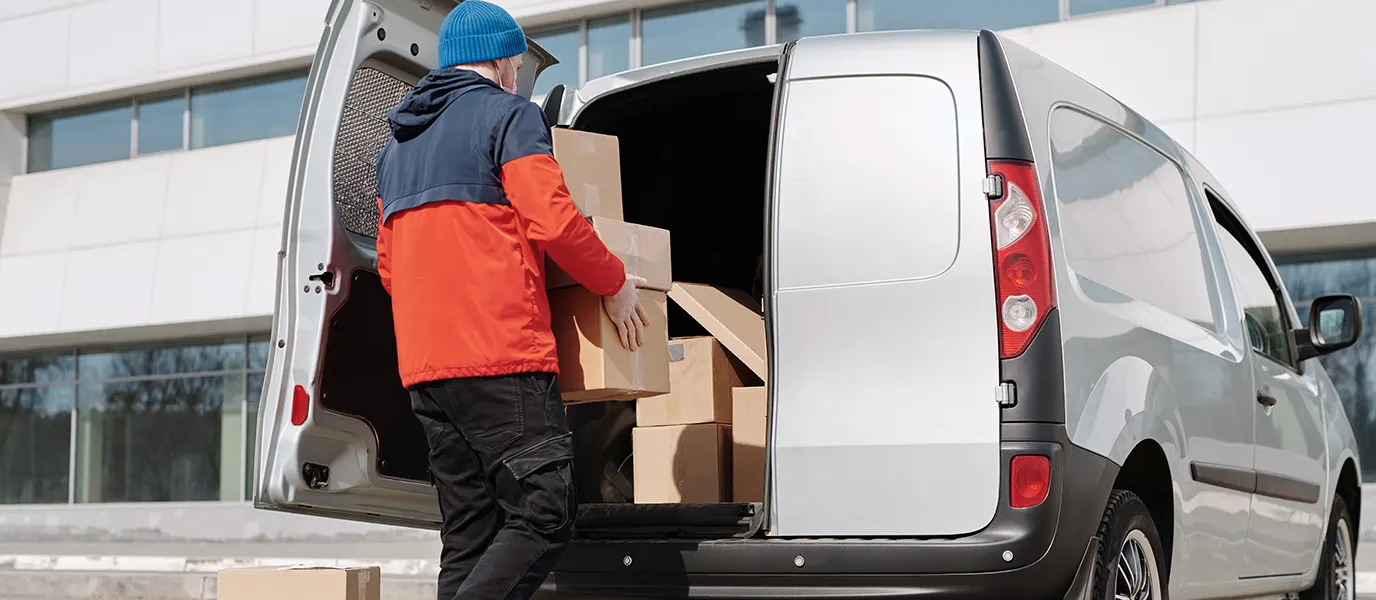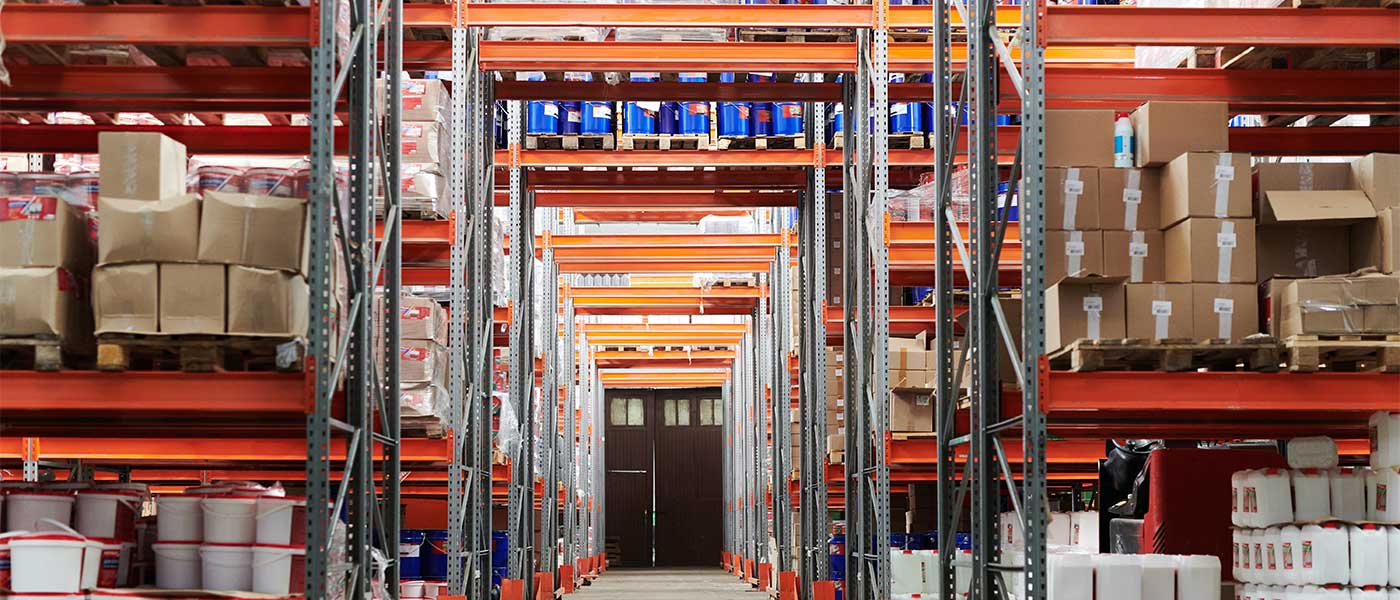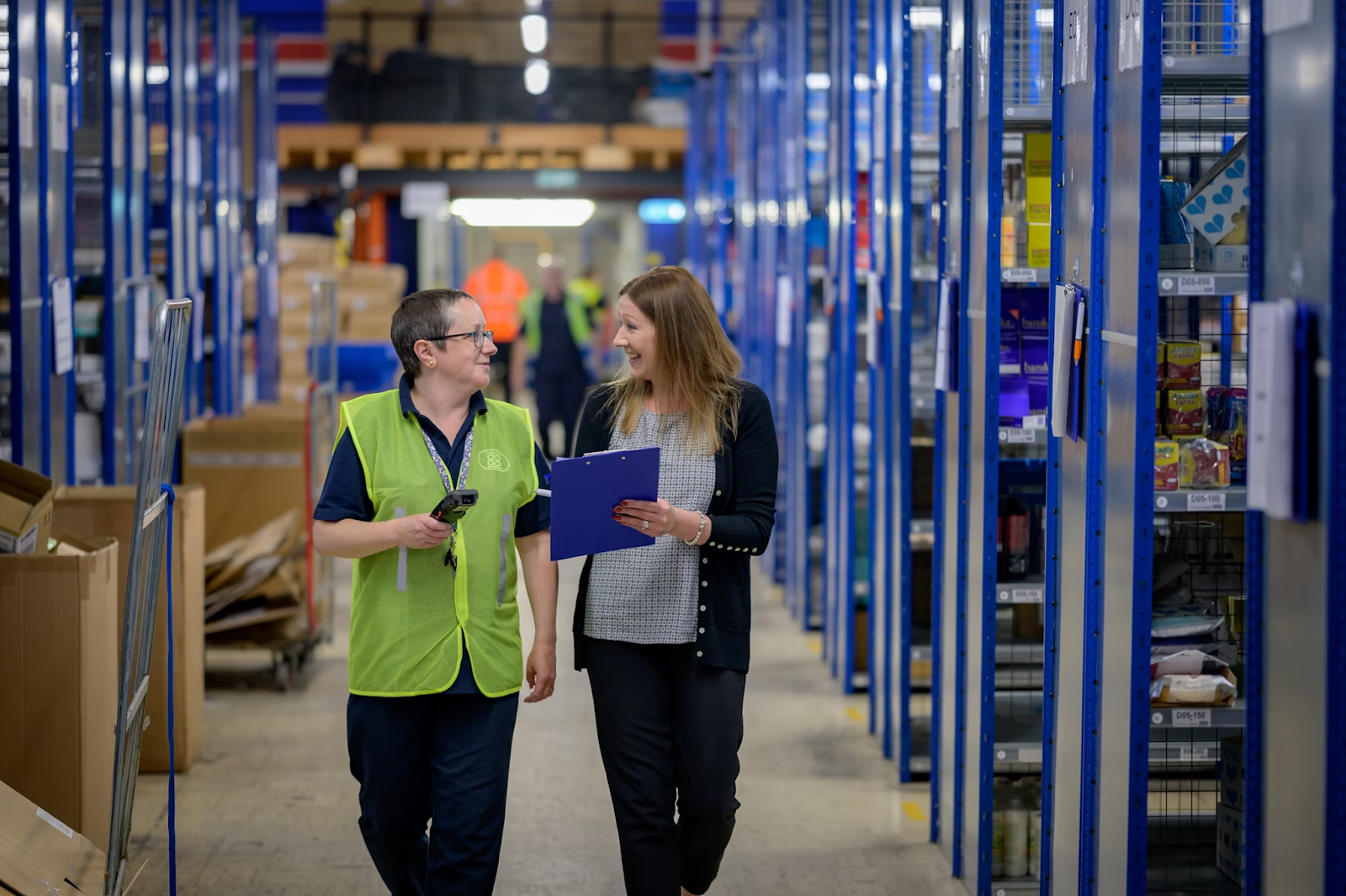As an Australian e-commerce business owner, brand manager, or operations manager, you’ve embarked on an exciting journey to conquer the Australian e-commerce market. However, this journey comes with its own set of unique challenges – from storage to delivery. But fret not, as we are here to guide you through this adventurous path and uncover the secrets to successful E-commerce fulfillment in Australia.
In this blog, we will delve into the specific hurdles you may encounter along the way and provide practical strategies to overcome them. Let’s embark on this journey together, armed with knowledge and innovation, to take your e-commerce venture to new heights!
Understanding the Unique Fulfillment Challenges in Australia: From Storage to Delivery
Before you embark on your E-commerce journey in Australia, you must grasp the distinctive fulfillment challenges you’ll encounter. Each step plays a vital role in your success, from efficiently managing storage facilities to ensuring seamless last-mile delivery.
As an e-commerce business, you’ll need to navigate these hurdles with precision and foresight. Here are the most common fulfillment challenges in Australia:
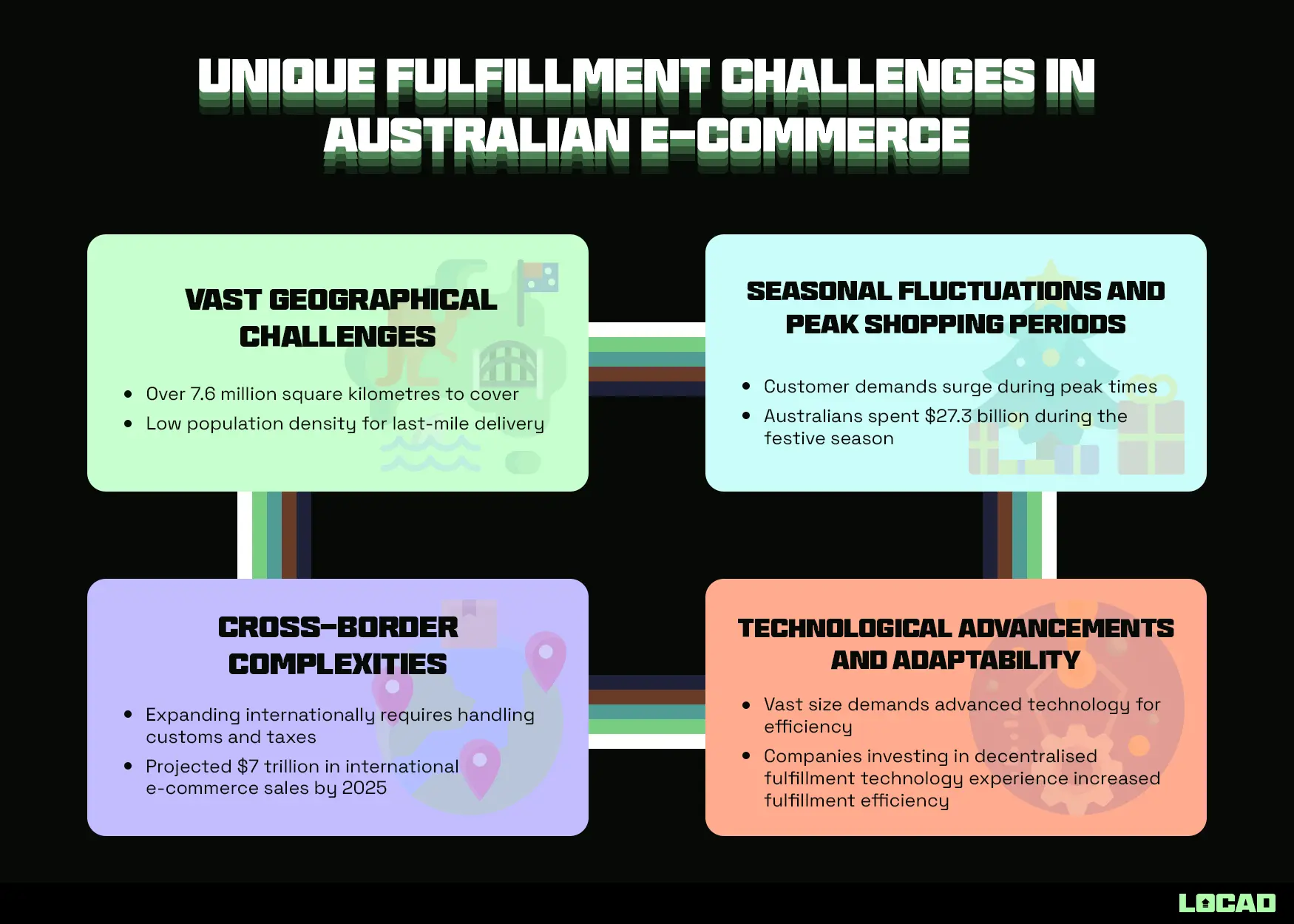
1. Vast Geographical Challenges
The Australian continent’s vastness brings remarkable opportunities and poses significant logistical challenges. With over 7.6 million square kilometres to cover, navigating the vast landscape for storage and delivery demands strategic planning. Coordinating multiple fulfillment centres efficiently can be a game-changer for streamlining your operations.
Did you know? Australia is the sixth-largest country globally but has one of the lowest population densities, making last-mile delivery a unique challenge.
2. Seasonal Fluctuations and Peak Shopping Periods
The Land Down Under experiences seasonal fluctuations and peak shopping periods that can pressure your fulfillment capabilities immensely. During peak times like Black Friday, Christmas, or national holidays, customer demands surge, requiring flawless coordination between storage and delivery to meet customer expectations.
Statistics show that Australians nearly spent $27.3 billion on everything from presents to piña coladas during the festive season, equivalent to a 14% increase compared to the previous year’s estimated $23.9 billion spent, highlighting the significance of efficient fulfillment operations.
3. Cross-Border Complexities
Expanding your e-commerce business beyond Australia’s borders opens up exciting possibilities. However, cross-border e-commerce comes with its own set of complexities. From navigating international shipping regulations to handling customs duties and taxes, you must ensure seamless cross-border fulfillment for a satisfying customer experience.
According to research, international e-commerce sales are expected to reach 7 trillion dollars by 2025. And the Asia Pacific’s e-commerce sales are expected to nearly double by 2025, reaching US$ 2 trillion, underscoring the need for businesses to strategise cross-border fulfillment.
4. Technological Advancements and Adaptability
Many Australian retailers face significant challenges due to lacking the right technology. One major issue is the vast size of Australia, which requires a decentralised approach to fulfil customer orders efficiently. However, coordinating multiple fulfillment centres becomes challenging without the right technology, leading to processing and shipping delays and unhappy customers. Manual inventory tracking and order processing can cause mistakes and stock shortages in some areas while leaving excess inventory in others.
To overcome these obstacles, retailers need advanced technology that offers real-time visibility into inventory across different locations.
Studies suggest that companies investing in advanced technology experience a significant increase in their fulfillment efficiency, enabling them to stay ahead of the competition. By embracing the right technology, e-commerce retailers can turn challenges into opportunities and succeed in the competitive Australian market.
Strategies to Overcome Storage Challenges
Efficient storage management is a critical aspect of successful e-commerce fulfillment in Australia. To address the vast geographical challenges and optimise storage operations, consider the following strategies:
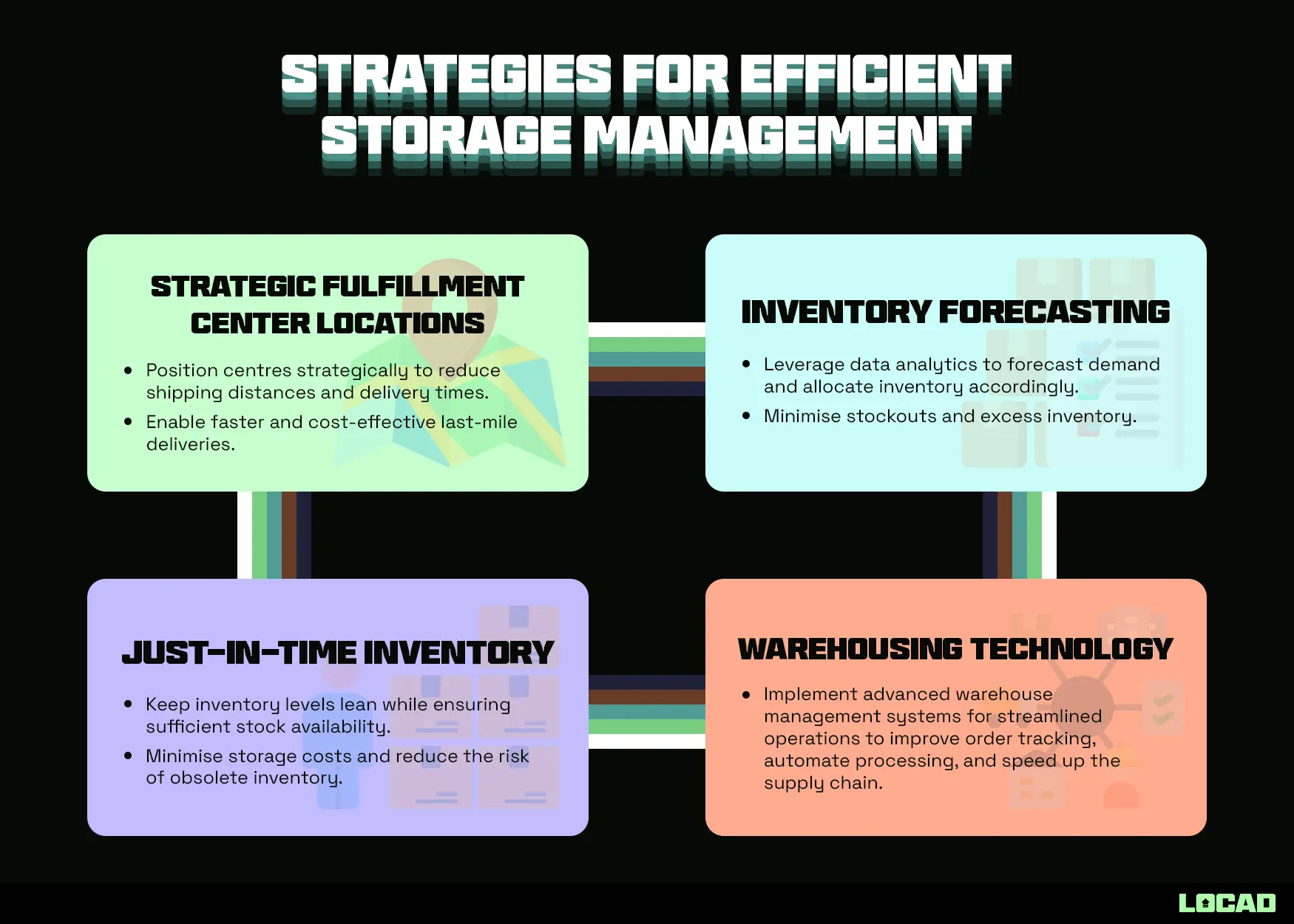
- Strategic Fulfillment Center Locations: Strategically position fulfillment centres across key regions to reduce shipping distances and delivery times. This decentralisation enables faster and cost-effective last-mile deliveries, enhancing customer satisfaction.
- Inventory Forecasting: Leverage data analytics to forecast demand and identify popular products in Australia or any other specific region. Understanding customer preferences and buying patterns allows you to allocate inventory accordingly, minimising stockouts and excess inventory.
- Just-in-Time Inventory: Adopt a just-in-time inventory approach to keep inventory levels lean while ensuring sufficient stock availability. This approach minimises storage costs and reduces the risk of obsolete inventory.
- Warehousing Technology: Implement advanced warehouse management systems that streamline inventory tracking, order processing, and replenishment. Automation can enhance accuracy and efficiency while reducing manual errors.
Strategies to Overcome Delivery Challenges
Smooth and efficient delivery is crucial to winning customers’ hearts in the competitive Australian e-commerce landscape. To tackle delivery obstacles and meet customer expectations in Australia, consider these strategies:
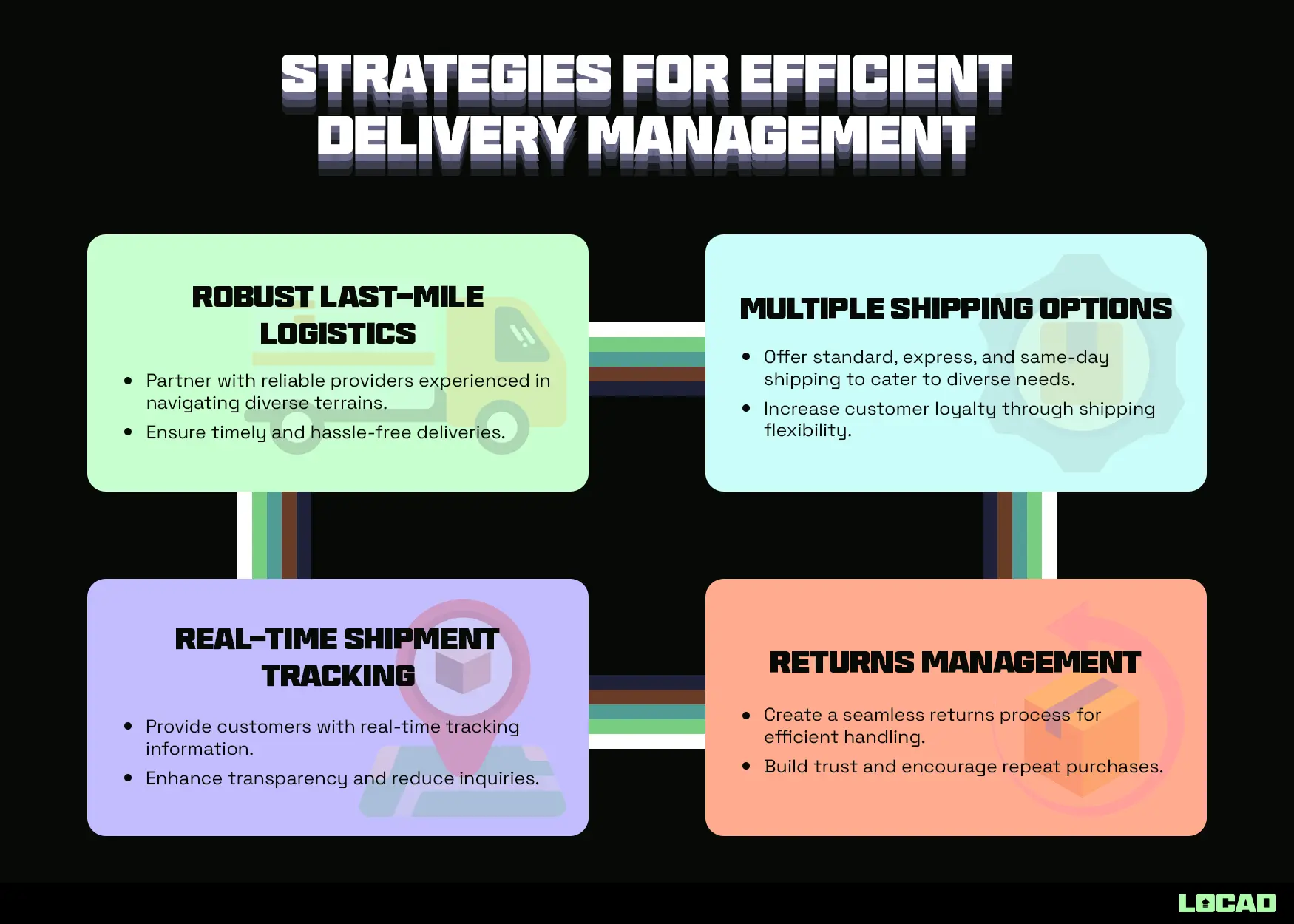
- Robust Last-Mile Logistics: Partner with reliable last-mile logistics providers with a strong network and experience navigating Australia’s diverse terrains. This partnership ensures timely and hassle-free deliveries to your customers.
- Multiple Shipping Options: Offer various shipping options, including standard, express, and same-day shipping, to cater to diverse customer needs. Flexibility in shipping choices can lead to increased customer loyalty.
- Real-Time Shipment Tracking: Provide customers with real-time tracking information for their orders. Transparency in delivery updates instils confidence and reduces customer inquiries, enhancing their overall shopping experience.
- Returns Management: Create a seamless returns process to handle product returns efficiently. An easy and hassle-free returns policy can build trust and encourage repeat purchases.
By adopting these strategies and embracing technology-driven solutions, you can optimise your e-commerce fulfillment in Australia.
Compliance and Regulatory Considerations
When operating an e-commerce business in Australia, staying compliant with the country’s regulations is paramount to avoid potential legal issues and penalties. Understanding the unique compliance and regulatory landscape will help you navigate the intricacies of the Australian market. Here are some key considerations:
- Taxation and Customs Duties: Familiarize yourself with the Goods and Services Tax (GST) regulations, as Australia imposes a 10% GST on most goods and services sold domestically. Here’s an example of how to calculate GST. If you sell a product for $100, the GST payable would be $10 (10% of $100). So the total price your customer would pay would be $110. You can find more information on how to calculate GST on the Australian GST Calculator. For cross-border e-commerce, you may also need to account for customs duties and import taxes when shipping products internationally.
- Product Safety Standards: Ensure your products meet Australia’s safety standards and regulations. The Australian Competition and Consumer Commission (ACCC) enforces strict product safety laws to protect consumers from unsafe products.
- Consumer Law Compliance: Familiarise yourself with the Australian Consumer Law (ACL), which protects consumers from deceptive practices and ensures fair trade practices. Complying with the ACL will help build customer trust and enhance your brand reputation.
- Privacy Laws: Australia has stringent privacy laws that govern customer data collection, storage, and use. Ensure your e-commerce business complies with the Privacy Act and appropriately secures customer information.
- Labelling and Packaging Requirements: Ensure your product labels comply with Australia’s mandatory labelling requirements, including product information, warnings, and country-of-origin labelling.
- Payment Card Industry Data Security Standard (PCI DSS): If you accept credit card payments, adhere to PCI DSS requirements to safeguard cardholder data and prevent data breaches.
- Customs and Import Regulations for Cross-Border Shipping: If you plan to expand internationally, understand the destination countries’ specific customs and import regulations. This will help avoid delays and potential issues with shipments.
- Australian Packaging Covenant (APC): If your e-commerce business handles significant packaging waste, consider becoming a signatory of the APC to contribute to sustainable packaging practices and reduce environmental impacts.
By proactively addressing compliance and regulatory considerations, you can build a solid foundation for your e-commerce business in Australia. Staying updated on changes in laws and regulations ensures that your business remains compliant and can seize new opportunities in the dynamic Australian market. Remember, compliance protects your business and fosters customer trust and loyalty, leading to long-term success in the Land Down Under.
And if you want to start your own e-commerce business, this checklist for starting a business in Australia could be helpful.
How Locad can help overcome your fulfillment challenges in Australia?
Locad is your reliable e-commerce fulfillment partner in Australia. We specialise in helping businesses overcome the challenges of storage-to-delivery operations in the Australian market.
- Strategic Fulfillment Center Locations: Benefit from our extensive network of fulfillment centres strategically located across key regions in Australia. This ensures efficient storage and quick last-mile deliveries, regardless of your customer’s location.
- Advanced Inventory Management: Leverage data analytics and machine learning for demand forecasting and optimised inventory allocation. Reduced stockouts and excess inventory led to cost savings and improved customer satisfaction.
- Real-Time Visibility: Our state-of-the-art warehouse management systems provide real-time visibility into your inventory across all fulfillment centres. Track order status and shipping updates for informed decision-making.
- Robust Last-Mile Logistics: Partner with reliable last-mile logistics providers experienced in navigating Australia’s diverse terrains. Ensure smooth and timely deliveries to your customers.
- Flexible Shipping Options and Returns Management: Offer various shipping choices and create a hassle-free returns process. Enhance customer trust and loyalty with excellent post-purchase support.
- Compliance Expertise: Stay compliant with Australian regulations, including tax, customs, safety standards, and privacy laws. We keep up-to-date with changes, ensuring your business meets all requirements.
- Scalable Cross-Border Solutions: Expand your e-commerce business beyond Australia with our scalable cross-border fulfillment solutions. Navigate international shipping regulations and customs duties with ease.
Partner with Locad today to streamline your e-commerce operations and deliver exceptional customer experiences in the Land Down Under!

